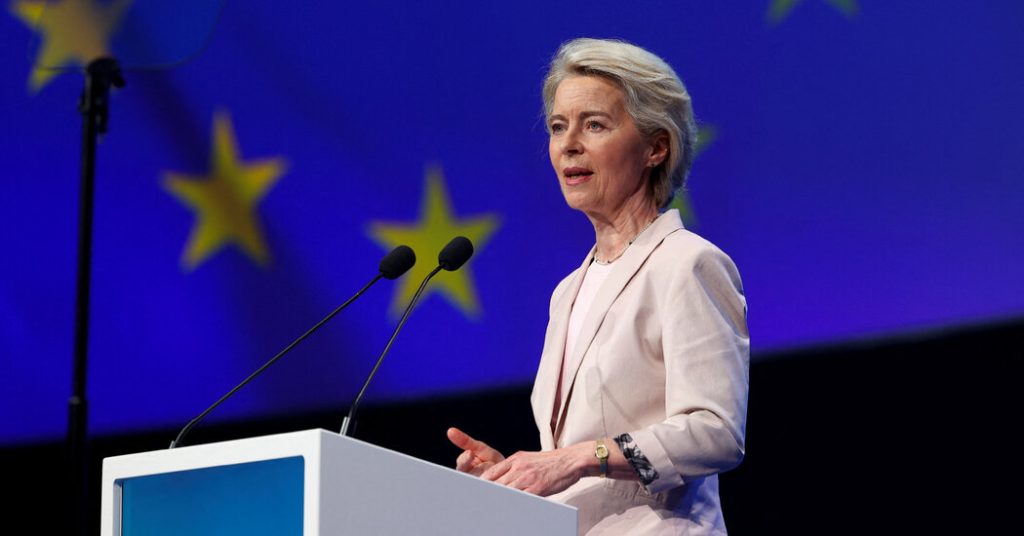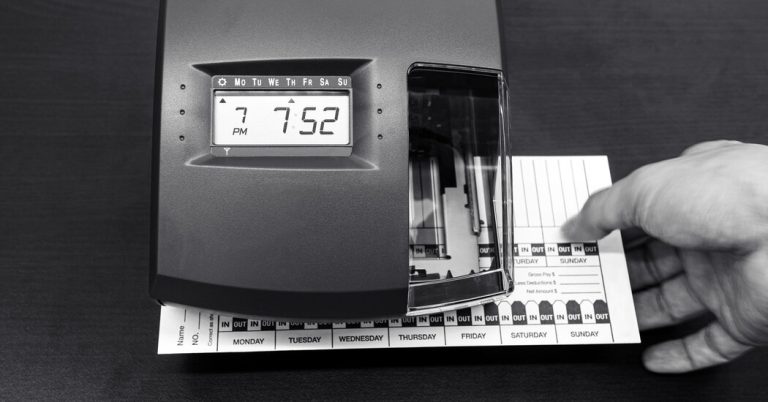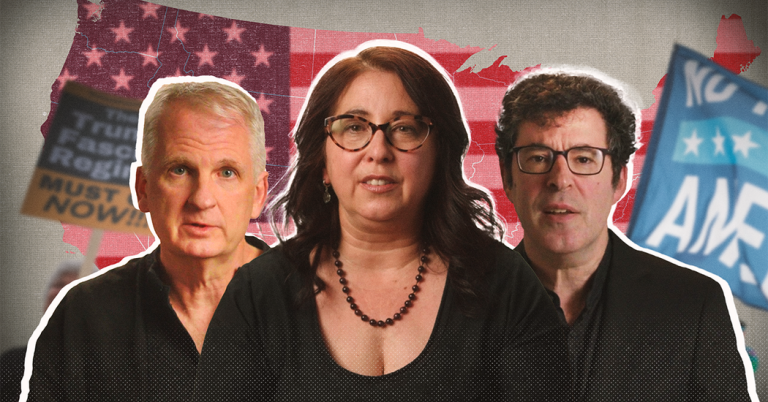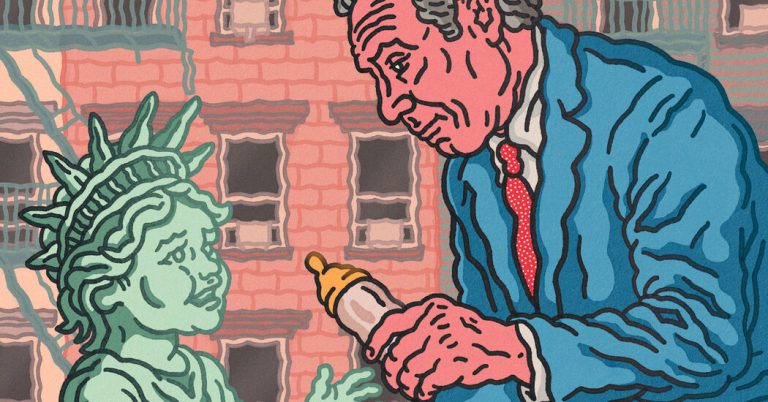In a judgment that could help to shape how transparent the European Union must be on matters of public interest, judges on Wednesday said the bloc should not have denied a journalist’s request for text messages exchanged as a top official negotiated for coronavirus vaccine access.
The ruling was issued by the European Union’s second-highest court, the General Court, in Luxembourg, in a case brought by The New York Times against the European Commission in 2023.
The case centered on the commission’s decision not to release text messages between Ursula von der Leyen, the president of the commission, and Pfizer’s chief executive, Albert Bourla, which the two had exchanged in 2021 while striking a deal for Covid-19 vaccines.
The legal question at the core of the case was whether such text messages are considered documents under European Union law, and in what cases they potentially should have been retained and disclosed. The commission argued that text messages were “short-lived” and so were not covered by the bloc’s transparency requirements.
“The commission cannot merely state that it does not hold the requested documents but must provide credible explanations enabling the public and the court to understand why those documents cannot be found,” the judges said in their decision.
“The commission has also failed to explain in a plausible manner why it considered that the text messages exchanged in the context of the procurement of Covid-19 vaccines did not contain important information,” they added.












